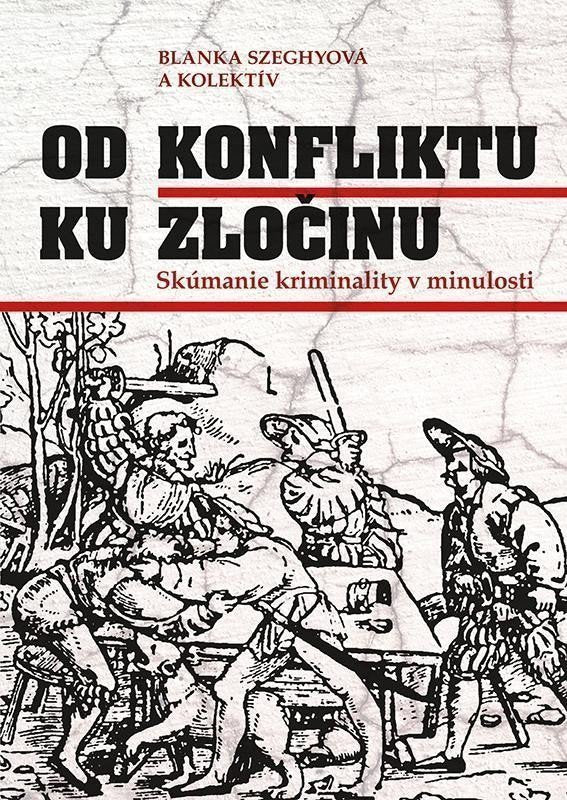Description
The book presents the latest research in Slovak and Czech historiography on a wide range of topics related to crime, judiciary, and discipline. It examines the functioning of judicial practice and specific criminal cases at various judicial levels, such as cities, districts, appellate courts (the Appellate Court for Czech cities), and statuary courts established by monarchs as an extraordinary legal means to punish actors of noble, confessional, or peasant unrest and uprisings. Several studies also focus on the area of lower judicial authority at various institutional micro-levels, where conflicts and offenses were resolved in their early stages. These included socio-professional and church organizations (guilds, Reformed Church), special courts for miners (District Mining Court), and authorities with police powers for protected areas (vineyards, forests). Selected issues of legal classification and theory are also included, examples of the use of registers as a source for studying crime, analysis of the social background of offenders, specific types of offenses during the Ottoman neighborhood, the significance and symbolism of humiliating punishments, and the issue of women in the roles of perpetrators and victims.
Information
Author: Szeghyová Blanka
Publication date: January 1, 2022
Manufacturer: Centrum spoločných činností SAV, v.v.i., org zložka VEDA, vydavateľstvo SAV
Genres: Books, Foreign language books, Slovak literature
Type: Hardcover books
Pages: 358
ISBN/EAN: 9788022419925

